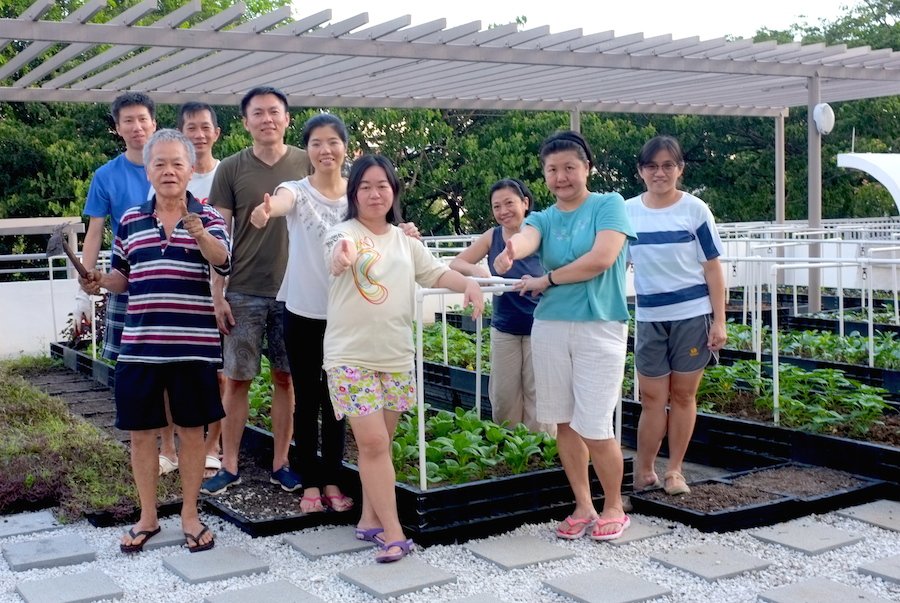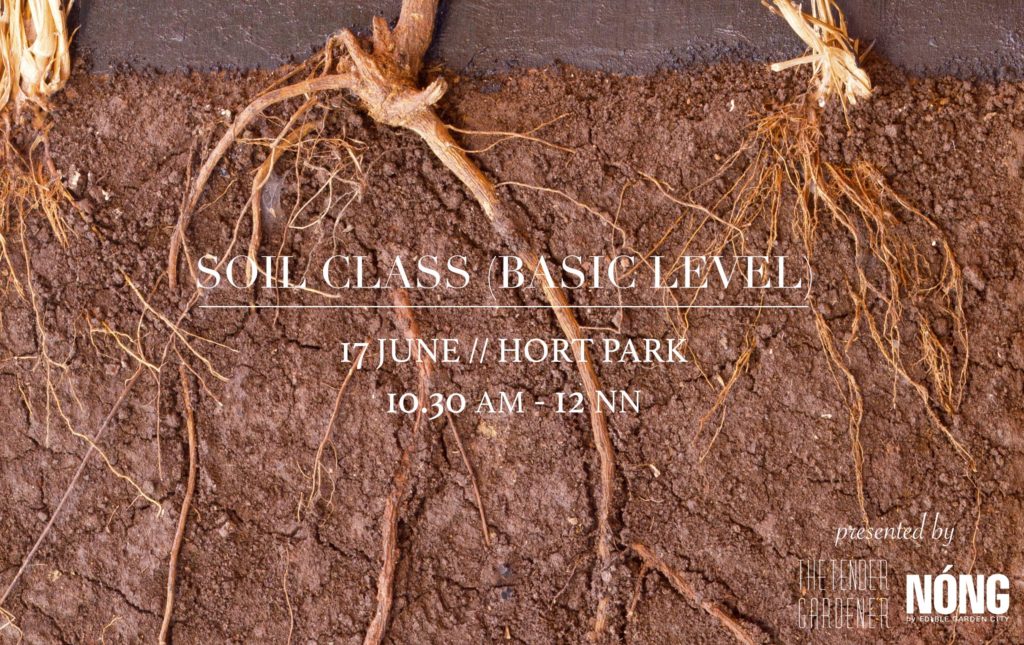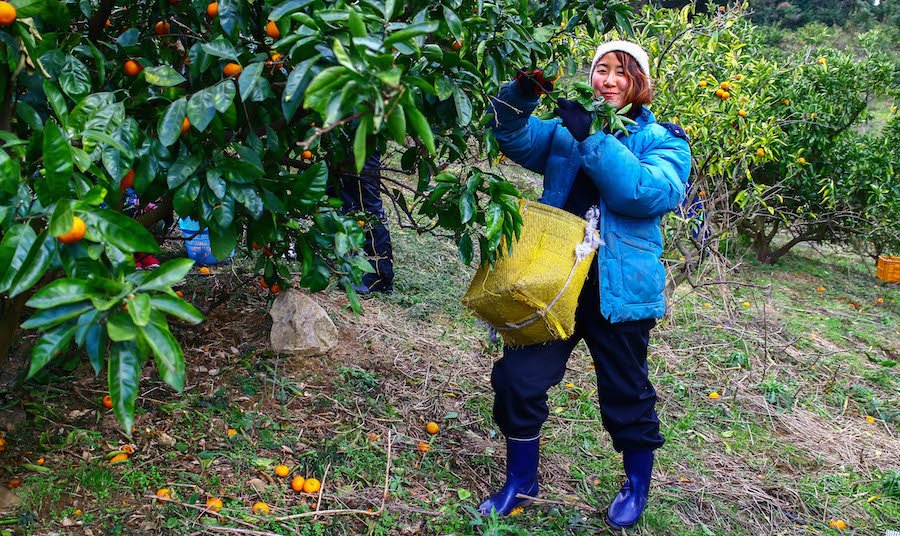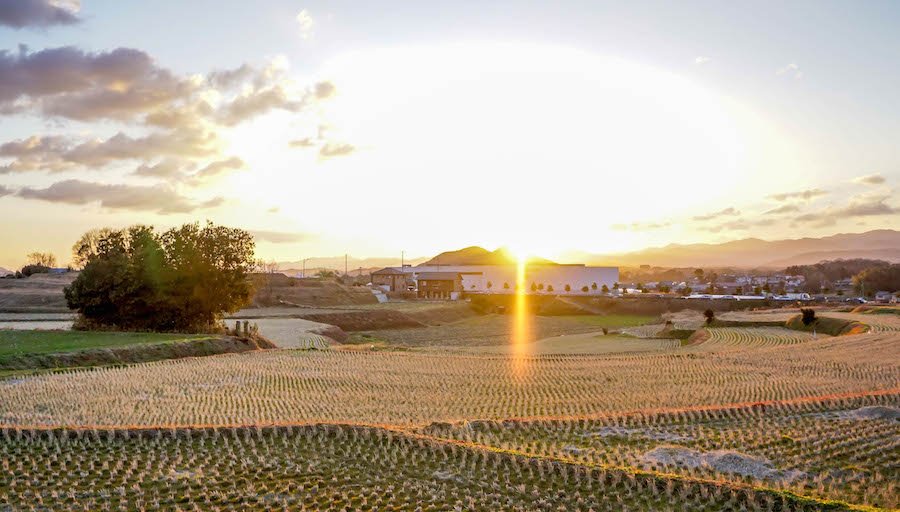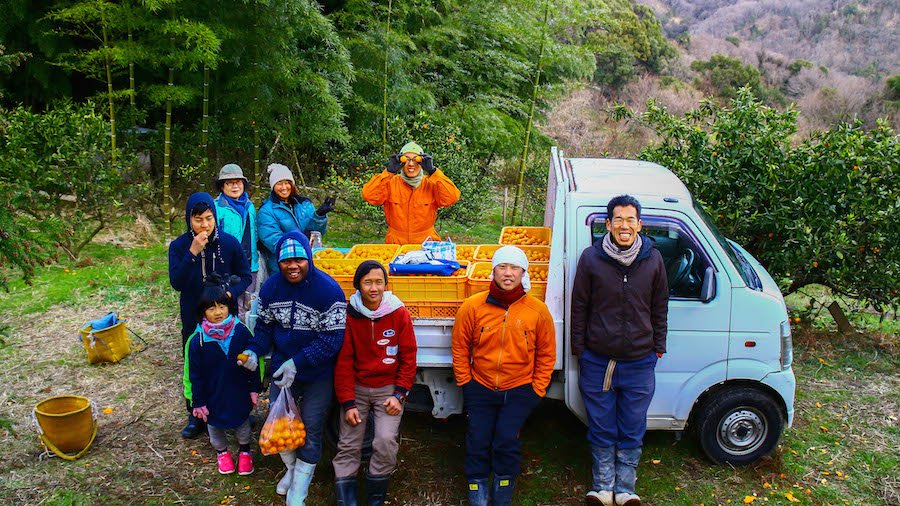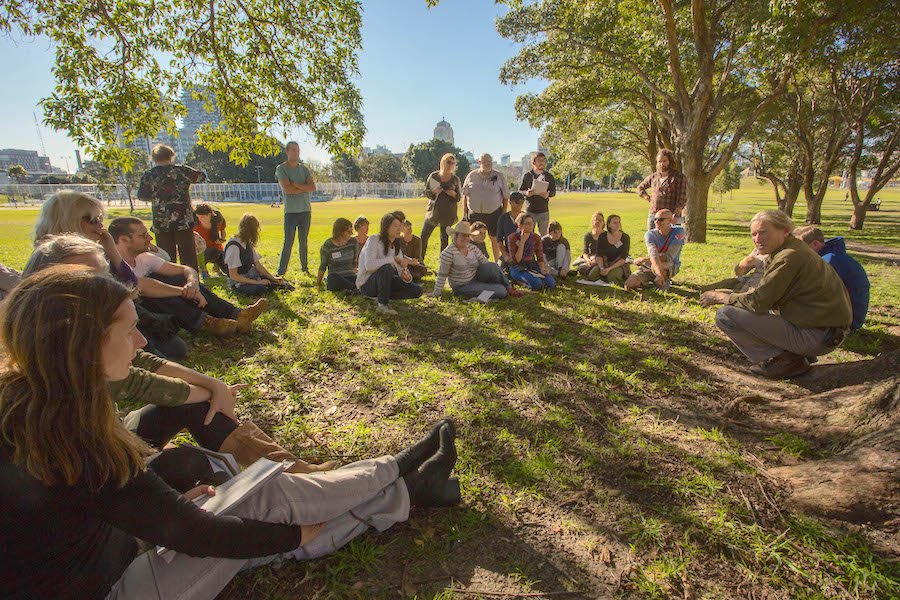On the top floor of a disused carpark space in Bedok, a group of 20 residents collectively grow, harvest, and cook for one another using produce from their rooftop community garden. Our Kampong Farm has taken a different approach to most community gardens, opting for the communal farm model – where everyone puts in their fair share of work and enjoys the harvest together, rather than designating individual allotments. I felt inspired by what I saw, and could feel a sense of community spirit from this group of urban farmers.
This sprawling rooftop space is managed by 20 people, and currently not all of it is used for edible plants. Spanning around 15,000 square feet, only 10 per cent of the space is used to grow a wide variety of herbs, vegetables and fruits like caixin, kang kong, spinach, Japanese radish, lettuce, eggplant, tomato, pumpkin, bittergourd, watermelon, musk melon, okra, long beans, chilli, Thai basil, rosemary, perilla, pandan, aloe vera, oyster plant and papaya, among others.
These urban farmers keep their expenses lean by taking what is normally considered waste from food vendors in the vicinity and using it as fertiliser. Given the number of plants here, store-bought fertiliser would not be cost-effective. In addition, they use a drip irrigation system for some of their plants, reducing water wastage and fertiliser run-off. Desmond Tan, who is part of the team, shared that okara, a by-product of making tofu, has proven to be a highly nutritious fertiliser, and dried banana peels have given their tomato plants a fantastic potassium boost. Food waste is certainly a resource that we don’t use enough of.
In this interview, Desmond tells us about the journey of Our Kampong Farm and lessons learnt along the way.

